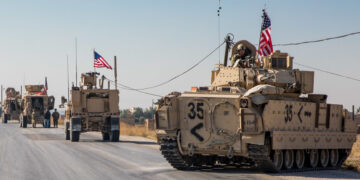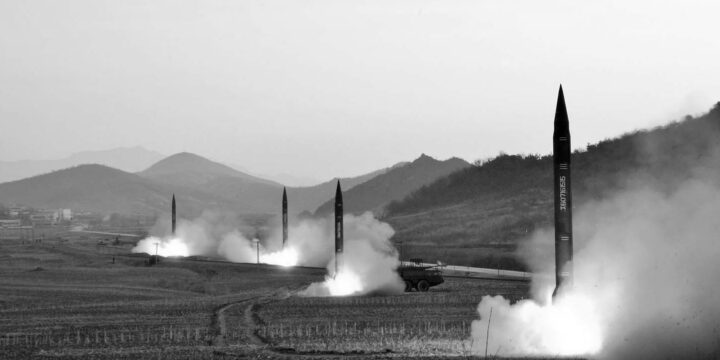February 26, 2019
Explainer from North Korea expert David C. Kang: How to evaluate the Trump-Kim summit in Hanoi
By David Kang
FOR IMMEDIATE RELEASE:
February 26, 2019
Contact: press@defensepriorities.org
WASHINGTON, DC—With President Trump set to meet Kim Jong-un in Hanoi, Vietnam, North Korea expert, David C. Kang, Director of USC’s Korean Studies Institute and Maria Crutcher Professor of International Relations, provided the following explainer.
THE STAKES:
- The stakes are not as high as many Washington analysts seem to think. The worst case would be both sides return to threats—but we have done that for decades. Rather, the stakes are what could happen if things go well, and here, the upside is quite high.
- North Korea won’t attack us if we don’t attack them. Deterrence will hold. Threats have not worked for decades and won’t work now. The best way forward is to engage and try to get the North to open up its economy and its country to outside influences, while slowly attempting to pause and even rollback its nuclear and missile programs.
- No matter what, Hanoi is not the final step. It is one of the first steps toward finding a political relationship between the United States and North Korea that can slowly—hopefully—bring about movement away from nuclearization on the Korean Peninsula.
- Full denuclearization is probably unrealistic, but even some movement back down the path is a positive step and should be encouraged.
EXPECTATIONS:
- The idea that there has been no tangible progress is false. Given where we were in December 2017, U.S.-DPRK relations are today far better off. That the North is more willing to discuss a myriad of ways in which they might be willing to open to the outside world is significant and should be seriously pursued.
- I suspect Kim Jong-un has something symbolic to give to Trump—probably not a lot, but something. Perhaps a pledge to close down Yongbyon, or to allow inspections “at some time.” The real question is: Will the U.S. have something symbolic to give in return?
- That the majority of policymakers and pundits are skeptical of the Trump process for dealing with North Korea is not surprising. But this is missing the point. For the first time in a generation, there are new leaders in North Korea, South Korea, and the United States who are willing to question, and perhaps change, the status quo.
- HOW TO EVALUATE THE SUMMIT:
Evaluating the outcomes from the summit should be measured by progress toward peace, not denuclearization.
- This is a slow process no matter what—nothing can possibly happen quickly, but time is on our side. Creating trust, building a working relationship, and simply bringing North Korean leaders and diplomats into the world is an important step. Nobody should want to return to the decade of total non-activity that preceded these negotiations.
- The goal in Hanoi is to build momentum for negotiations between the U.S. and DPRK to sustain détente past this year. After that, the United States will be consumed with a presidential election that promises to be intense.
- North Korea is not a problem to be solved, but managed. There is no combination of carrots and sticks that will make North Korea denuclearize, democratize, and also stop its human rights abuses. North Korea is more than a nuclear issue—it is a country the United States has to live with.
More on Asia

By Jennifer Kavanagh and Dan Caldwell
July 9, 2025

Featuring Jennifer Kavanagh and Dan Caldwell
July 9, 2025

Featuring Lyle Goldstein
July 4, 2025





